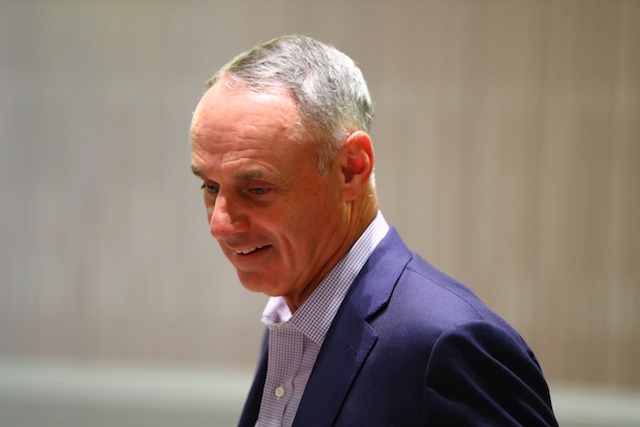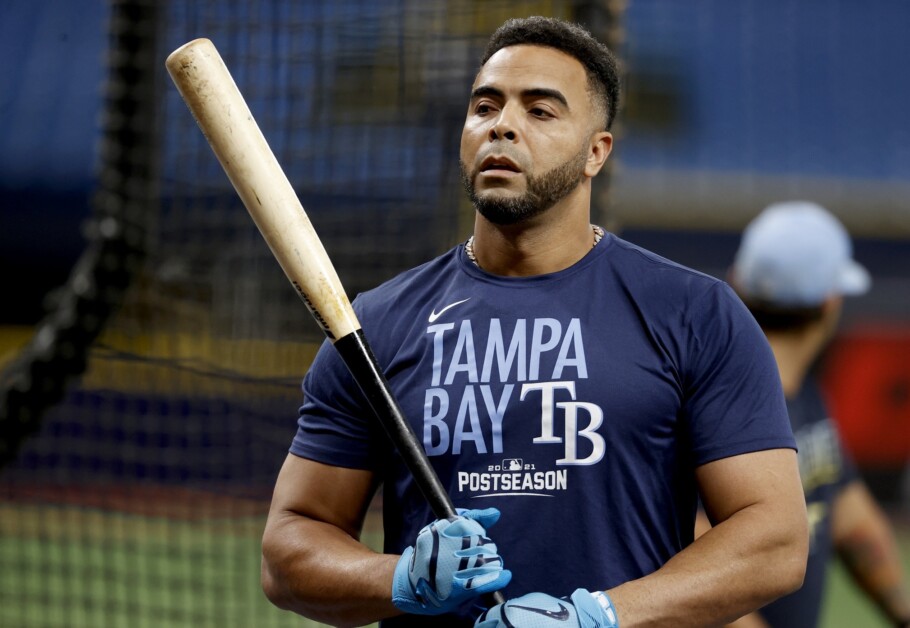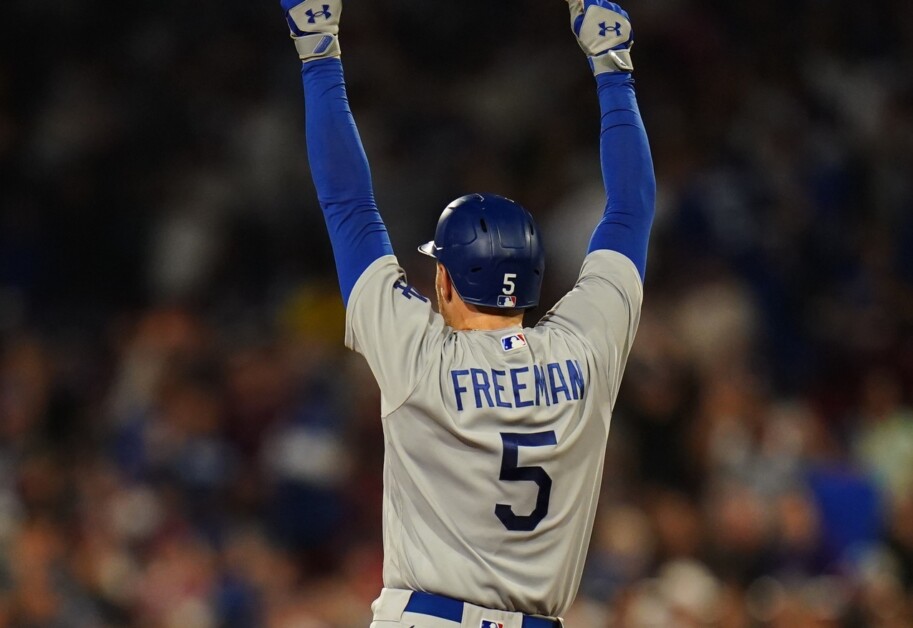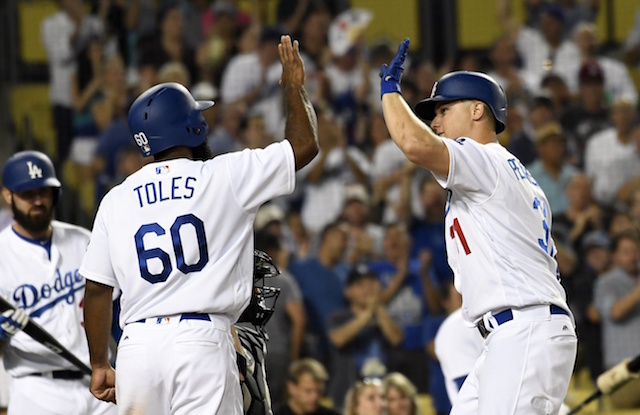While there were rumblings MLB would do away with the qualifying offer process, it remained part of free agency under the new Collective Bargaining Agreement that was agreed upon late last year. The one-year pact went into effect in the fall of 2012 and has stirred debate since its creation.
A qualifying offer can be extended to a free agent who spent an entire season with one club. The value of the contract is taken by averaging the top 125 salaries in baseball from the previous season.
For 2017 season, it was set at $17.2 million, which was the highest value since the qualifying offer was introduced. What’s more, the increase from $15.8 million the previous year marked the largest between two seasons.
While there was a significant spike from 2016 to 2017, the qualifying offer for the 2018 season reportedly will marginally increase to $17.4 million, according to Tim Dierkes of MLBTradeRumors.com:
MLB qualifying offer amount for 2018 has been set at $17,400,000.
— timdierkes (@timdierkes) October 12, 2017
It was initially expected the value of the qualifying offer for next season would reach at least $18 million. While there were rumblings the short-term deal would be done away with, it remained part of the CBA. There were changes, however.
Although teams must still submit a qualifying offer to eligible players within five days of completion of the World Series, the players now have 10 days to formally decide on whether they will accept or reject the contract. They had seven days under the previous CBA.
What’s more, a player who was issued a qualifying offer during free agency last winter can no longer be extended another. There previously was not a cap on number of qualifying offers a player could be tendered throughout his career.
The most notable change is in compensation for a team that loses a player after extending the one-year deal. That previously was a draft pick between the first and second rounds.
The compensatory pick is now dependent on whether or not the player signs with a revenue sharing team for for more or less than $50 million in guaranteed salary, and if the team losing the player was over the luxury tax.










